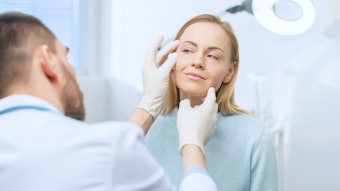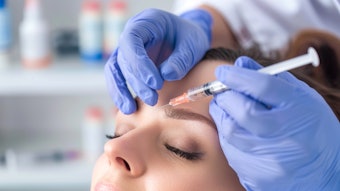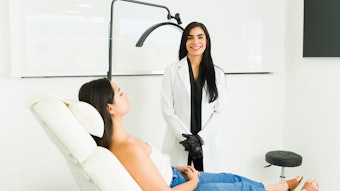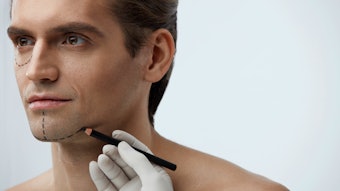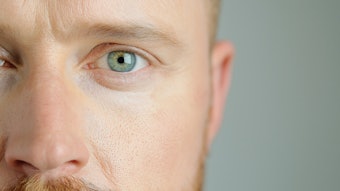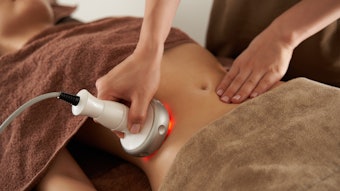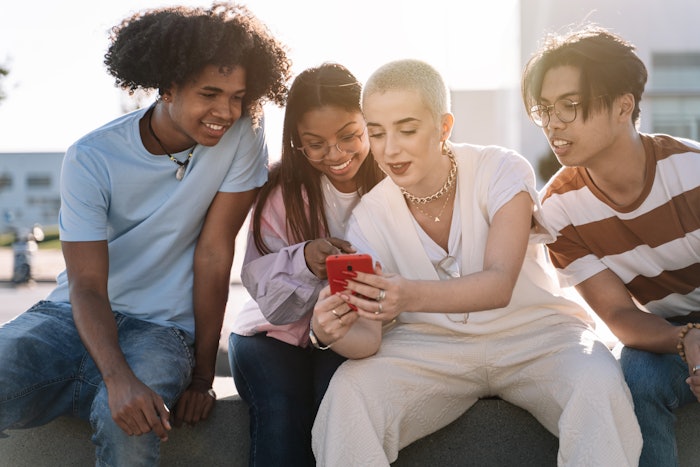
The aesthetics industry has always been long sought after for anti-aging procedures and treatments that reverse or delay signs of aging due to hormones, weight loss and the natural process of aging that all of our bodies experience. However, young generations, most notably Gen Z, who’ve taken an interest in Botox, body contouring, nose jobs and medical grade skin care, are showing a demand in preventive aesthetics that diminish signs of aging before they occur.
These processes happen holistically, with a focus on vitality and longevity, as well as invasively and non-invasively, depending on the goal in mind. No matter what the demographic may be for those seeking aesthetic enhancements though, there’s a common interest in every patient: aligning themselves with their self-perception.
This interest is reflected in Merz Aesthetics’ Pillars of Confidence study [1] looking at global insights on aesthetics and self-affirmation, surveying 15,000 adults. The findings of the study found that 73% of respondents feel “empowered” after undergoing an aesthetic treatment, 69% seek aesthetic treatments to reflect how they feel inside and 72% said that aesthetic treatments impact how they view themselves. You will read more about these findings in this issue.
Aesthetics empowers people and their confidence no doubt, and as a Gen Z-er myself I can say there is a major focus on appearance in my demographic as our lives take place online and through the lens of a camera for connection, views and exposure and work. I’m happy that aesthetics allows people to feel comfortable in their skin. We are all truly beautiful in our own way despite any enhancements, though, and both perspectives are valid.
Gemclinical, featured in this issue, is a brand that blends crystal vibrational energy with skin care to promote self-affirmation and self-love. Its products are designed to support skin rejuvenation during recovery, particularly after cosmetic treatments. This approach is especially relevant in a time when body image, self-esteem, body dysmorphic disorder and external validation often influence decisions around cosmetic surgery, as studies suggest [2].
A 2021 study [3] demonstrated that a change in cosmetic dermatology over the past two decades lies in the shift from correction and reversal treatments for millennials to preventive measures for Gen Z. It’ll be exciting to see how my generation, known for believing in self-love and reclaiming their self confidence and identity, will do to change not only this industry, but also this world, rooted in their digital-first generation power.
Signing off,
Jamie O’Toole
References
1-https://merzaesthetics.com/news/merz-aesthetics-reveals-global-data-on-the-connection-between-confidence-self-affirmation-and-aesthetic-treatments/
2- https://pmc.ncbi.nlm.nih.gov/articles/PMC8592260/
